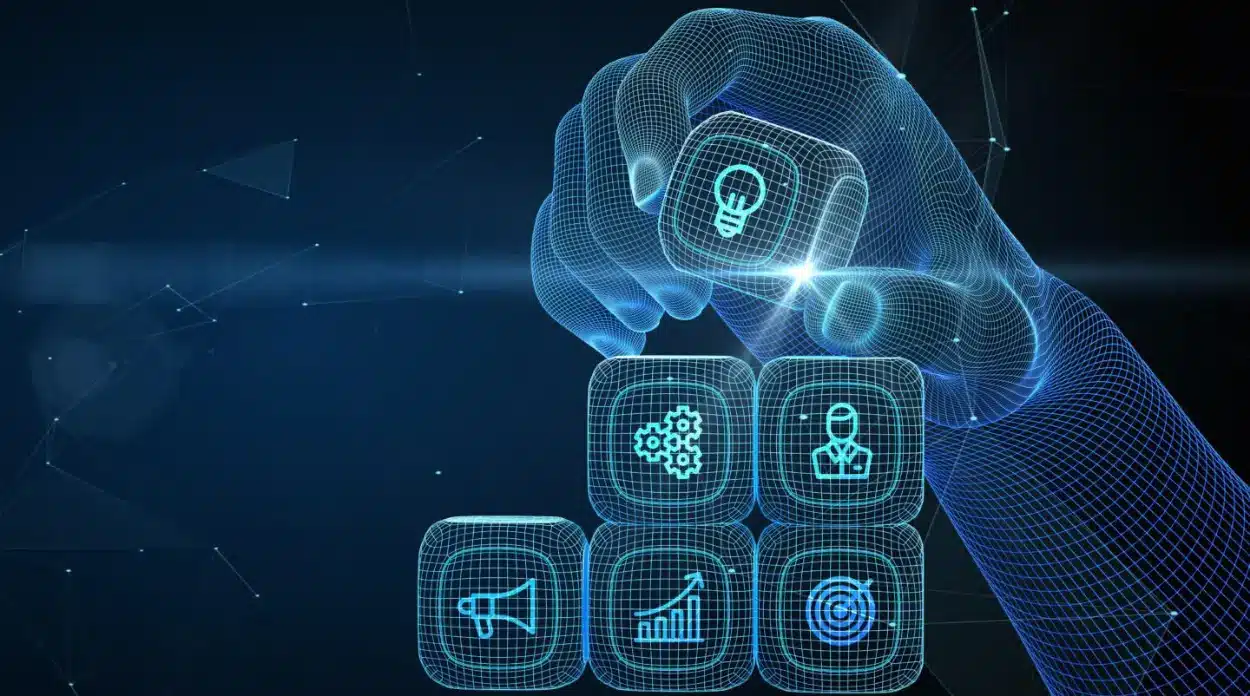In 2025, technology isn’t lacking power, it’s lacking trust.
From AI hallucinations to biased algorithms and privacy scandals, we’re living in an age where digital innovation outpaces ethical grounding. And as this gap widens, the next real disruption won’t be a breakthrough app or smarter assistant, it’ll be a global reckoning with digital ethics.
The question is no longer Can we build it, but Should we?
The Trust Deficit is Real
A recent global survey showed that over 72% of users express some level of distrust in AI systems. Not just because of what they know, but also because of what they don’t.
Many businesses collect data without truly communicating its use. AI makes decisions that even its developers can’t fully explain. Tech giants dominate landscapes once governed by human logic and local laws.
But the real shift in 2025 is this: trust is becoming a business metric. Just like uptime. Just like ROI.

The Rise of Ethics as a Strategic Function
Ethics isn’t just a legal checkbox anymore, it’s a competitive edge.
Major European banks have introduced “Digital Ethics Boards” alongside their traditional IT governance. In Germany, for instance, several FinTech startups now publish AI Ethics Transparency Reports quarterly, alongside financial reports. The goal? Win customer confidence with openness, not just algorithms.
In the U.S., we’re seeing large enterprises pilot “ethics-by-design” frameworks: tech solutions that bake in ethical rules at the architecture level, not just the UI layer.
Real-World Signal: India’s Government e-Marketplace (GeM)
India’s GeM platform, one of the largest e-procurement systems in the world, has recently introduced machine learning models to pre-screen vendors and flag anomalies. But what’s interesting is how they implemented this: they made explainability and auditability mandatory for every ML model used. No black boxes. That’s the new gold standard.
What Ethical Tech Looks Like in Practice
Explainable AI: Models that can describe their decision-making in human terms.
Data Minimization: Collect only what you truly need—and make that visible to users.
Bias Auditing: Tools that routinely scan for race, gender, and location bias.
User Consent as a Feature, Not a Footer: Clear, contextual consent prompts built into user journeys.
Digital Contracts that Respect Autonomy: Tools that notify users before applying new behavioral tracking or monetization features.
Why Your Business Needs an Ethics Roadmap
Ethical tech isn’t just about compliance, it’s about sustainability in a world where reputations move at the speed of newsfeeds.
If you’re developing a product or building digital infrastructure, ask:
Will users understand what’s happening behind the interface?
Are we collecting data that could be misused today or tomorrow?
If our AI made a mistake, could we explain it?
And most importantly: Would you be comfortable telling your customer exactly how your system works?
By 2030, ethical tech will no longer be a conversation, it will be the expectation. Platforms that don’t follow these evolving standards won’t just be avoided. They’ll be regulated out.
So if your systems shape decisions, lives, or access, you’re not just a tech company. You’re a social actor.
The smartest companies in 2025 aren’t chasing virality. They’re rebuilding trust, line by line, pixel by pixel.

